
Office of Public Affairs
U.S. Coast Guard First District BOSTON - Recent radio upgrades on a falcon jet at Air Station Cape Cod Mass., enable crews to rapidly locate the exact source of emergency signals, as seen during a recent search.
During the air station's first operational test of the new 430 Direction Finding (DF) system, the aircraft locked onto the EPIRB's signal from 72 miles away and obtained its location.
A 25-foot response boat from Station Jonesport determined that the boat was safely moored and the EPIRB was sending a false alarm.
"This new system saves us valuable response time, allowing us to receive more accurate guidance and acquire weaker signals," said Lt. j.g. Adam Young, a pilot at Air Station Cape Cod.
The HU-25 Falcon jet is one of only three aircraft in the Coast Guard with the new 430 DF system.
There are two types of EPIRB's, the original model that supplies only azimuth guidance and a newer device, a 406 EPIRB, that is registered to a specific user and can provide coordinates for the activated device's position.
When a boater's 406 EPIRB emits a distress signal, the beacon's position is transmitted via satellite to the U.S. Mission Control Center in Maryland where it is then passed to the appropriate rescue coordination center. The rescue coordination center in turn passes the position to the aircraft.
"The notification process usually only takes a few minutes, but those few minutes can be vital when factors such as cold water or injuries come into play," said Lt. Michael Nalli, a search and rescue coordinator at the First Coast Guard District.
With the new system, the Falcon not only obtains real-time data for a quicker response, it also obtains a more exact location.
The position the EPIRB passes to the satellite may be off by as much as three miles. But when the Falcon picks up the EPIRB's signal, it can usually pin-point the location.
"Mariners' widespread use of the 406 EPIRB has significantly reduced search time and unnecessary asset use," said Young. "Now if all mariners use a 406 EPIRB with the capabilities of the 430 DF system, we have the potential to take the search out of search and rescue."
Weather Story
Tropical Storm Karen and Jerry
MIAMI (AP) — Tropical Storm Karen strengthened from the twelfth tropical depression of the season early Tuesday in the open Atlantic Ocean but posed no immediate threat to land.
![[full basin map of tropical cyclone activity]](http://www.nhc.noaa.gov/tafb_latest/refresh/danger_atl_latestBW_sm2+gif/024025123_sm.gif) Tropical Storm Karen is about 1,355 miles east of the Windward Islands, and the 13th tropical depression of the hurricane season is about 165 miles east of Tampico, Mexico, the National Hurricane Center reported late Tuesday.
Tropical Storm Karen is about 1,355 miles east of the Windward Islands, and the 13th tropical depression of the hurricane season is about 165 miles east of Tampico, Mexico, the National Hurricane Center reported late Tuesday.An area of cloudiness and a few thunderstorms is associated with a broad area of low pressure near the Virgin Islands in the Lesser Antilles, but the system is poorly organized and unlikely to develop, the NHC reported.
Another area of disturbed weather over South Florida, western Cuba and the western Bahamas is associated with a mid- to upper-level trough that could bring heavy rains to South Florida and the Florida Keys in the next several days, the NHC reported.
Additional information to expand on the West African flooding. . .
"Following torrential rains recorded in West Africa, floods have affected over 500,000 people in 12 countries: in Ghana (+270,000), Nigeria (50,000), Burkina Faso (+40,600), Togo (+100,000), Mali (25145), The Gambia (298), Niger (16,700), Senegal (3100), Côte d’Ivoire (2000), Liberia (17,000), Mauritania (30,000) and Sierra Leone (4500). Floods have caused the destruction of houses, food stocks, goods, farms and polluted most of the water sources (wells and canals). This has resulted in the displacement of thousands of people."
Maritime Notes
Long Beach – counter-terrorism exercise
The US Coast Guard issued a press release stating that members of the Los Angeles-Long Beach Area Maritime Security Committee will conduct a command post counter-terrorism exercise in Long Beach on September 27. (9/24/07).
RS





















































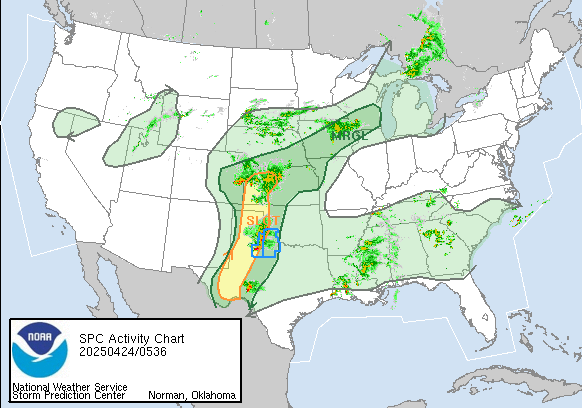















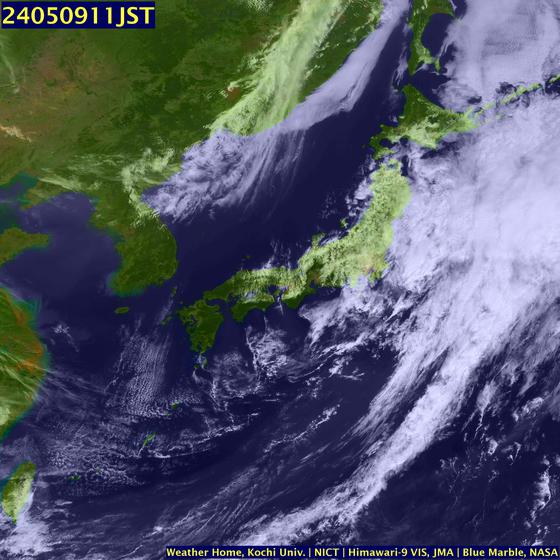

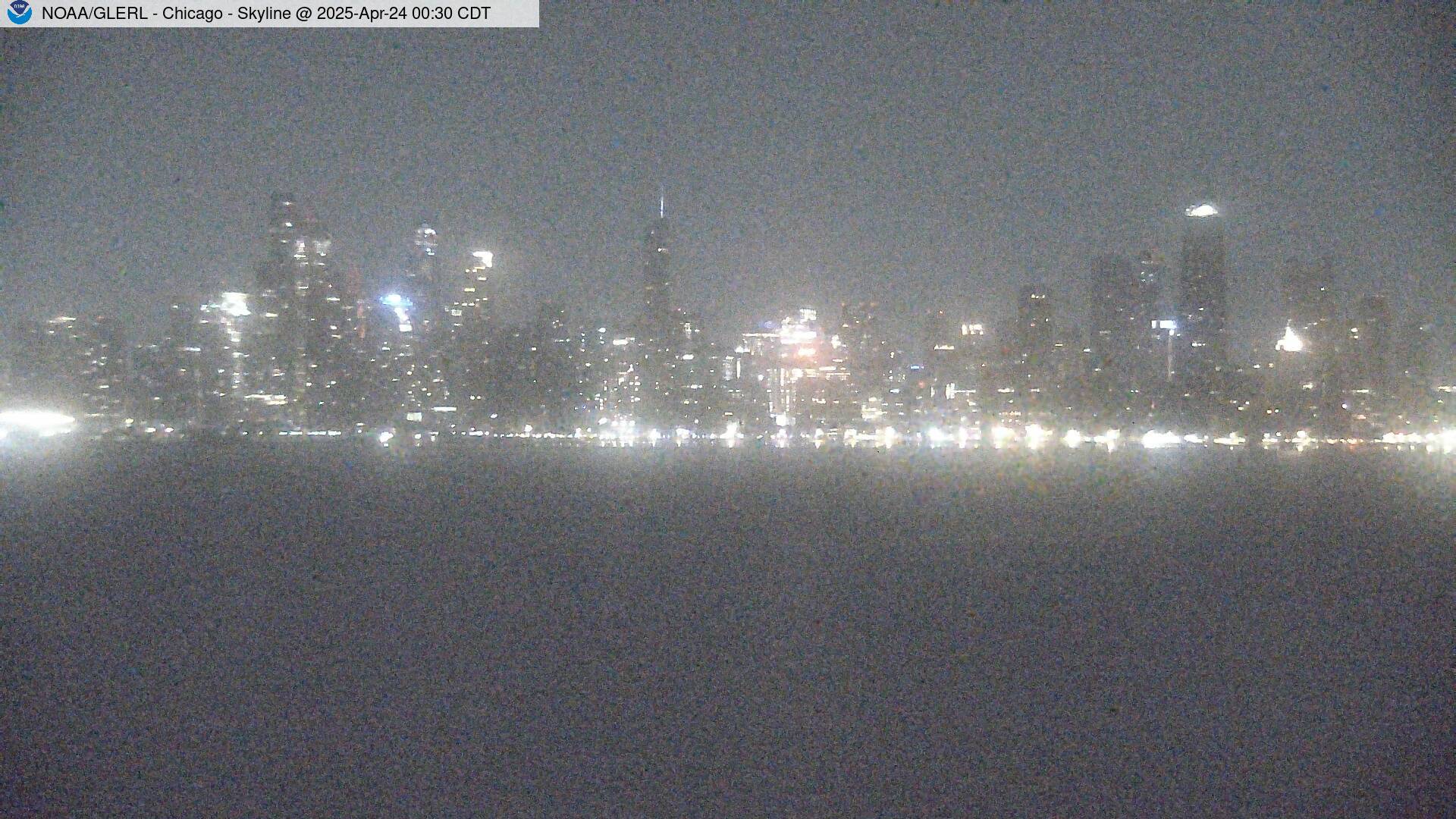











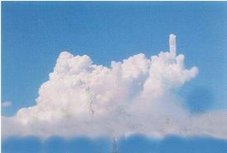
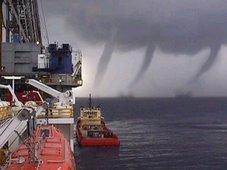
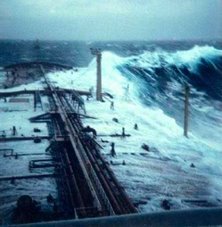
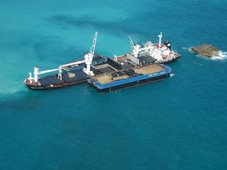
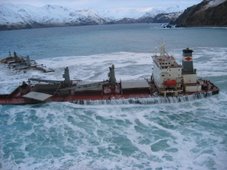
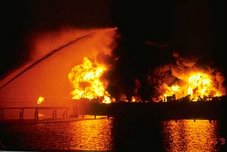
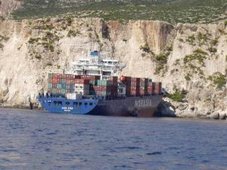
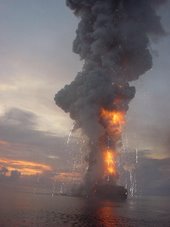



![Validate my RSS feed [Valid RSS]](valid-rss.png)
No comments:
Post a Comment